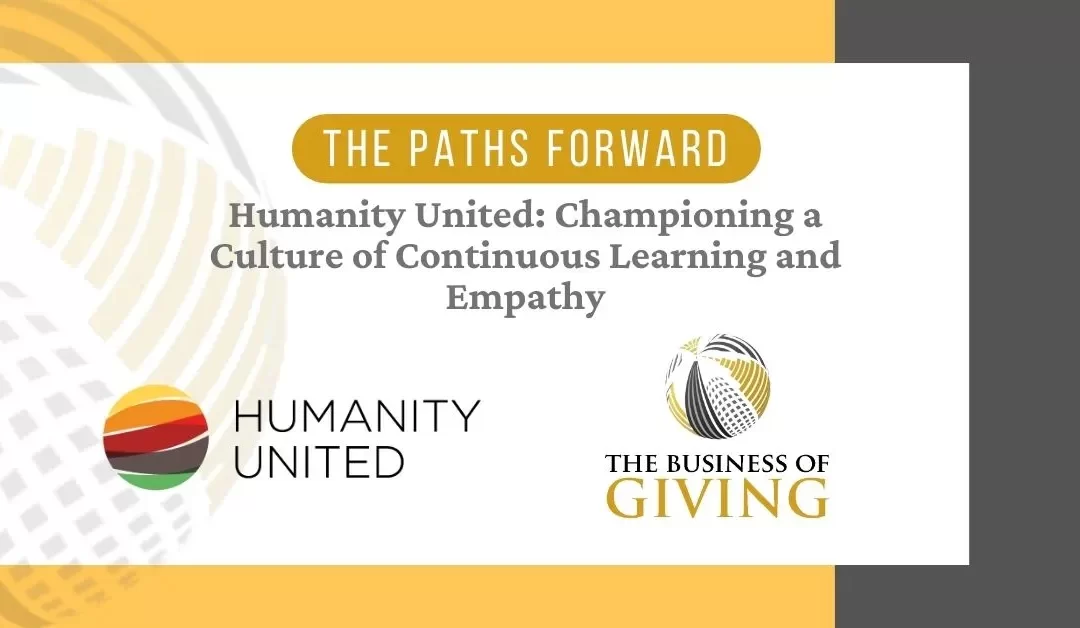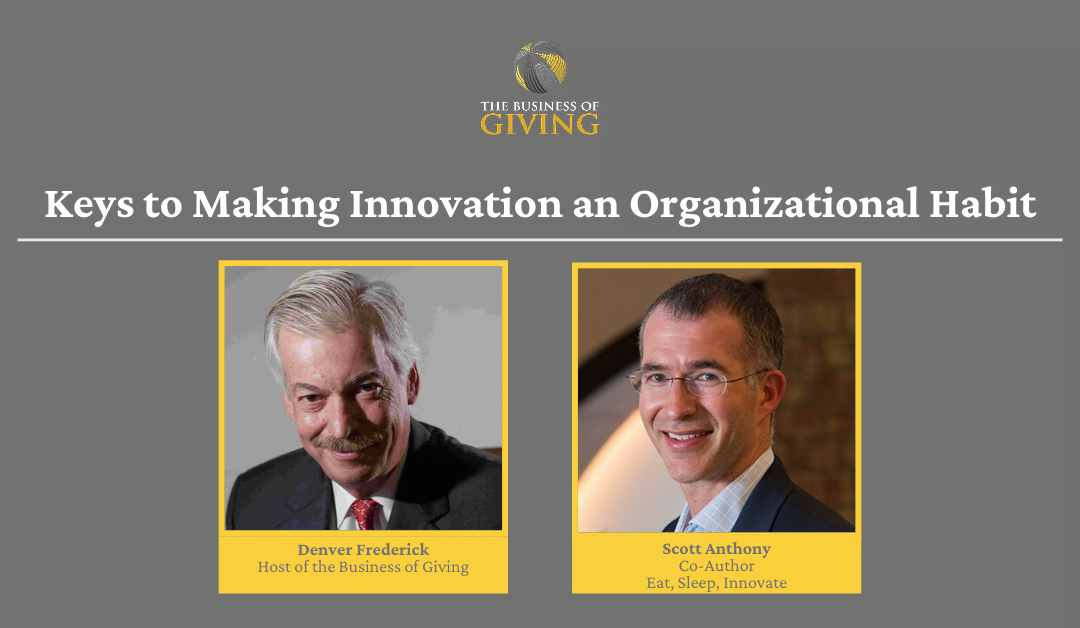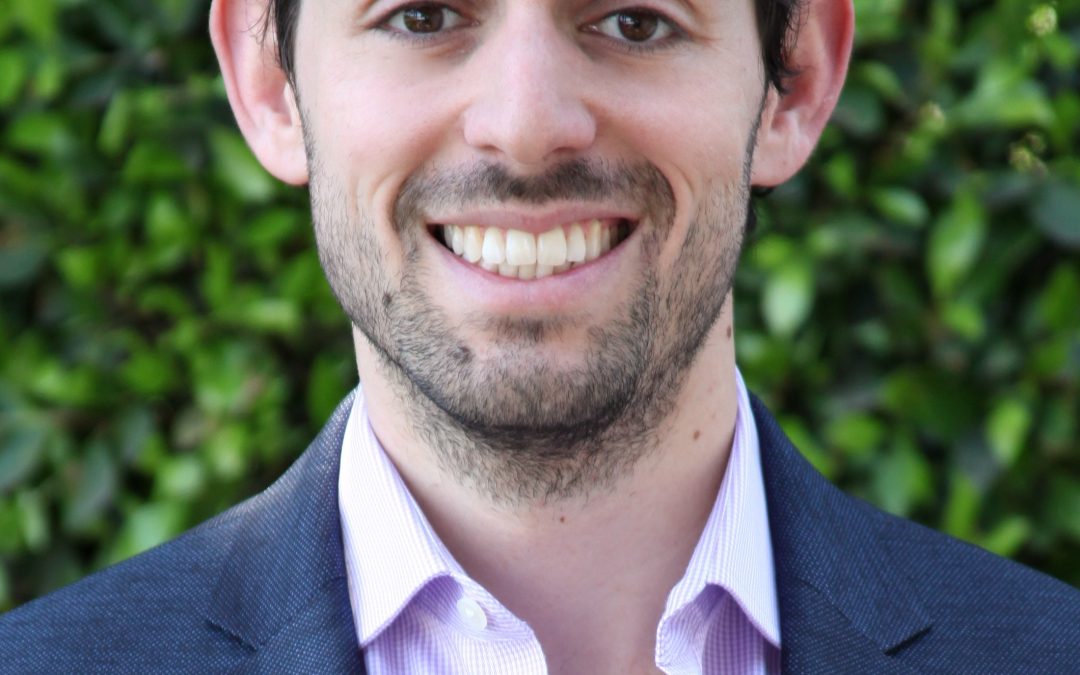
by Denver Frederick | Nov 28, 2023 | Better Than Most
Humanity United, or HU, is dedicated to cultivating the conditions for enduring peace and freedom. They support and work alongside partners who are working to advance human dignity and change the systems that enable violent conflict and human exploitation around the world.

by Denver Frederick | Aug 26, 2023 | Blog
In a recent episode of The Business of Giving podcast, Dr. Marcus Collins illuminates the profound role culture plays in shaping consumer behavior and organizational impact. Describing culture as a “realized meaning-making system”, Marcus emphasizes the importance of empathy in building authentic relationships, the strategic targeting of subcultures, and the synergy of music in nonprofit storytelling. He advocates for nonprofits to be anchored in and articulate their core beliefs, both internally and externally, as a means to inspire and connect. Furthermore, Dr. Collins posits that understanding and engaging with culture is not just a marketing tool, but an ethical responsibility that influences societal narratives and values.

by Denver Frederick | Feb 15, 2021 | Guest Interview
Most companies and organizations would admit they have failed to create a truly innovative culture, one where the processes that spur innovation just come naturally. My next guest draws on behavioral science to provide a system for empowering individuals and teams to be their most curious and creative every single day. And in the midst of this pandemic, couldn’t we all use that? He is Scott Anthony, a senior partner at Innosight and author of Eat, Sleep, Innovate: How to Make Creativity an Everyday Habit Inside your Organization.

by Denver Frederick | Jun 17, 2020 | Guest Interview
The following is a conversation between Katy Clark, President of the Brooklyn Academy of Music, and Denver Frederick, the host of the Business of Giving. In this interview, Katy Clark, President of the Brooklyn Academy of Music, shares the following: • Financial hit...

by Denver Frederick | Dec 28, 2017 | Guest Interview
As regular listeners of The Business of Giving know, we focus a lot on the corporate culture and office environments of purpose-driven businesses and nonprofit organizations. But we have never spoken to anyone who has really studied the workplace in a rigorous and intentional way. But we will this evening. And it’s going to be with Jacob Morgan, whose recent book is entitled The Employee Experience Advantage: How to Win the War for Talent by Giving Employees the Workspaces They Want, the Tools They Need, and a Culture They Can Celebrate.





